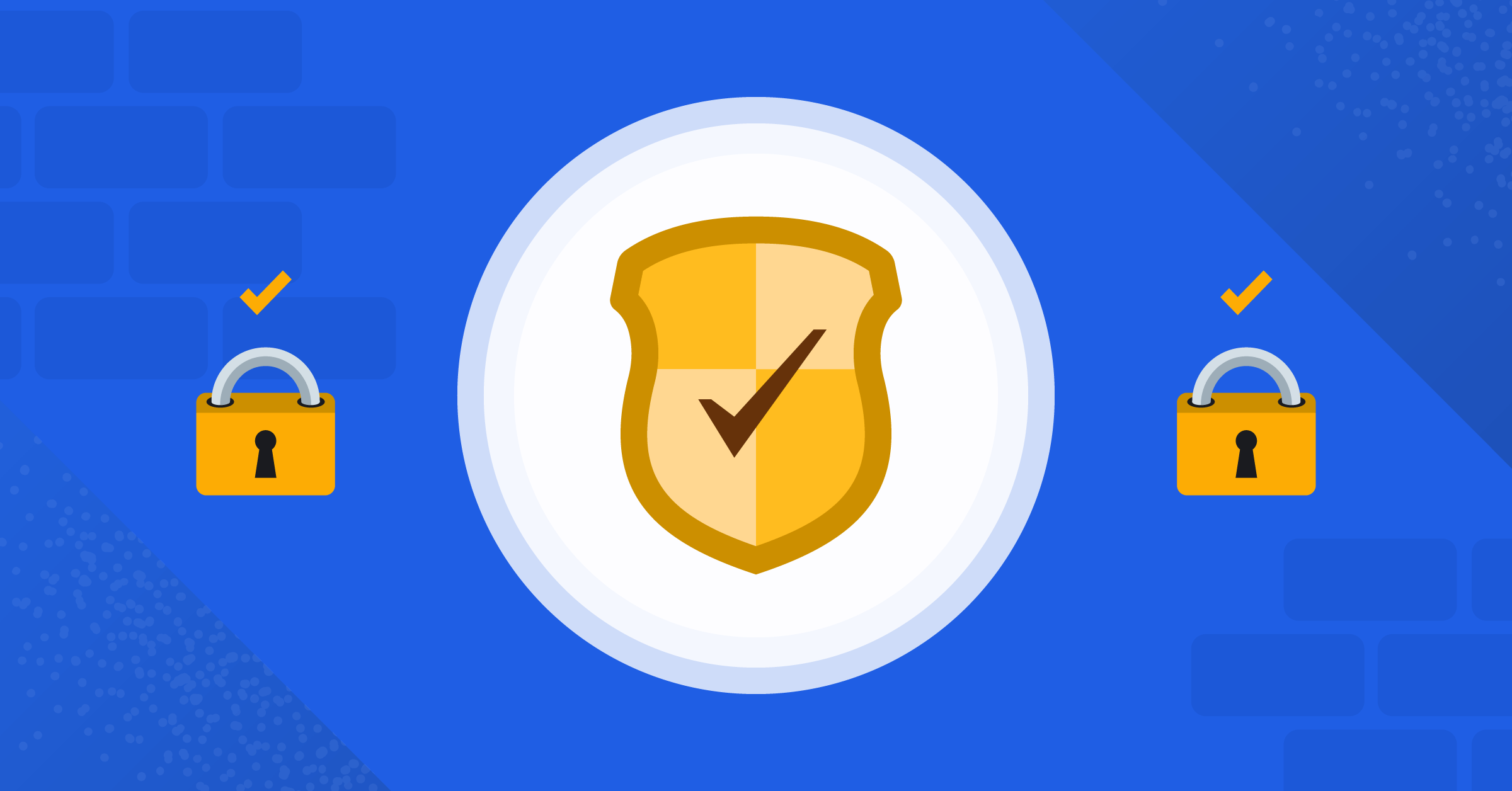
Why should every organization invest in cybersecurity software?
In today’s digital age, organizations across industries are increasingly reliant on technology for their operations, communication, and data management. While this technological advancement is no doubt beneficial, it also brings with it a heightened risk of cyber threats and attacks.
From data breaches and ransomware attacks to intellectual property theft and financial fraud, the consequences of a cybersecurity breach can be devastating for any organization. For this reason, investing in cybersecurity software is not only essential but also a strategic imperative for every organization.
In this blog post, we explore the key reasons why every organization should prioritize and invest in robust cybersecurity software.
Keep sensitive data protected
Organizations, regardless of their size or industry, handle a vast amount of sensitive and confidential data — including customer information, financial records, trade secrets, and proprietary data. A cybersecurity breach can expose this valuable information to malicious actors, leading to financial losses, reputational damage, and legal consequences.
By investing in robust cybersecurity measures, organizations can safeguard their most sensitive data, ensuring that it remains confidential, secure, and only accessible to authorized individuals.
Protect against financial losses
The financial impact of a cybersecurity breach can be substantial. Organizations can face direct costs such as incident response, recovery efforts, legal fees, and regulatory fines. Indirect costs — including reputational damage, loss of customers, and decreased market value — can be even more significant.
Studies have shown that the average cost of a data breach continues to rise each year. According to IBM’s 2022 Cost of a Data Breach Report, data breaches set the average U.S. company back $9.44 million. By investing in cybersecurity initiatives, organizations can mitigate the financial risks associated with cyber threats and potentially protect against millions of dollars in losses.
Safeguard intellectual property
Intellectual property (IP) is a valuable asset for every organization. It includes trade secrets, patents, copyrights, and proprietary processes that give businesses a competitive advantage.
Cyberattacks targeting IP theft are on the rise, and organizations must take proactive measures to protect their valuable assets whether they live in email inboxes, on collaboration platforms, or in other repositories. Investing in cybersecurity helps ensure that sensitive IP remains secure, preventing unauthorized access and theft by malicious actors.
Preserve your reputation
A strong and positive reputation is crucial for the success and longevity of any organization. Unfortunately, a cybersecurity incident can significantly tarnish an organization’s reputation, eroding customer trust and loyalty. News of a data breach or a security failure spreads rapidly and can have long-lasting effects on an organization’s brand image. This is a lesson Equifax learned the hard way in 2017.
Investing in cybersecurity demonstrates a commitment to protecting customers’ data and shows that the organization takes its security responsibilities seriously. By safeguarding their reputation, organizations can establish and maintain customer trust and attract new investment and business opportunities.
Ensure regulatory compliance
In recent years, governments and regulatory bodies have implemented stringent data protection and privacy regulations. Organizations must comply with these regulations if they wish to avoid substantial fines and penalties.
For example, the European Union’s General Data Protection Regulation (GDPR) imposes significant fines for non-compliance. Depending on the severity of the violation, an organization can be on the hook for €20 million or 4% of a firm’s annual revenue, whichever is greater. Similarly, organizations that sell to California consumers need to comply with the California Consumer Privacy Act (CCPA).
By investing in cybersecurity, organizations can ensure that they meet the necessary security standards and legal requirements, protecting themselves from legal repercussions.
Improve business continuity and resilience
A cybersecurity incident can disrupt normal business operations, leading to significant downtime, financial losses, and operational chaos.
Investing in cybersecurity measures — like robust backup systems, reliable disaster recovery plans, and rapid incident response capabilities — can help organizations maintain business continuity even in the face of a cyberattack.
By having preventive measures in place, organizations can minimize the impact of an attack, quickly recover from incidents, and resume normal operations with minimal disruption.
Gain competitive advantage
In today’s highly competitive business landscape, cybersecurity software can be a differentiating factor that sets organizations apart from their competitors. After all, clients, partners, and customers are increasingly concerned about data privacy and security.
By investing in robust cybersecurity measures, organizations can demonstrate their commitment to protecting sensitive information, gaining a competitive edge. For a prospective buyer, a strong cybersecurity posture could be the deciding factor when it comes to choosing to do business with your company or someone else.
Ready to learn more about cybersecurity?
As you can see, cybersecurity is no longer a nice to have. Instead, it should be a top priority for your organization, regardless of which industry you operate in.
When you’re ready to continue your learning, check out our free Cybersecurity Incident Response Guide to find out how to ensure your team is ready for any incident, big or small.




